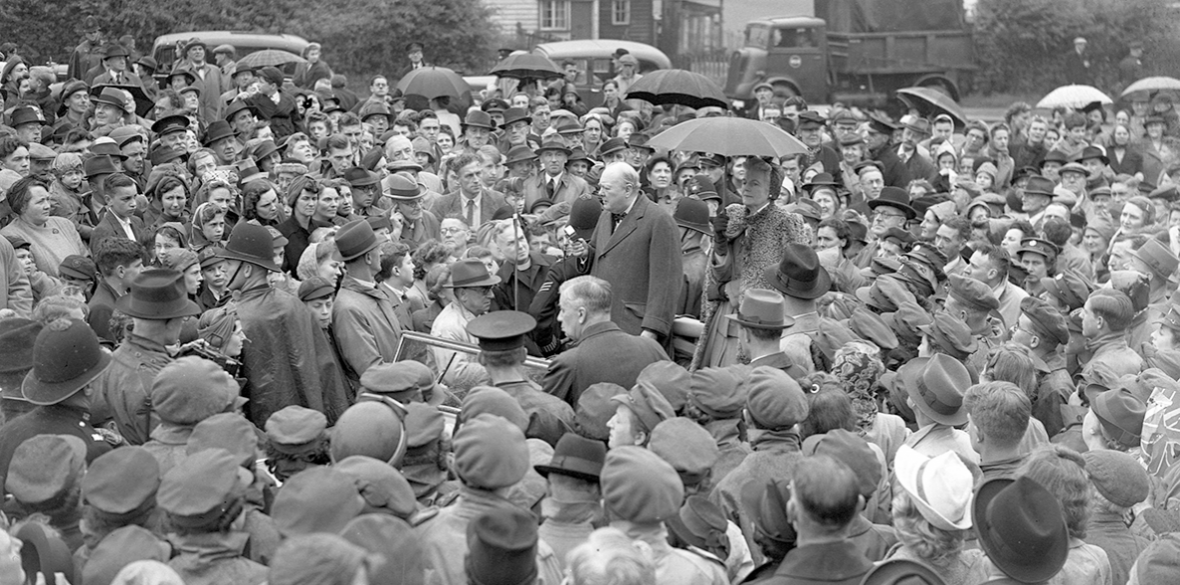This is the last article you can read this month
You can read more article this month
You can read more articles this month
Sorry your limit is up for this month
Reset on:
Please help support the Morning Star by subscribing here
IN THE general election of 1945, the Communist Party got about 103,000 votes, and two communists were elected as MPs.
3was re-elected as MP for West Fife, having been first elected in 1935, and Phil Piratin, with whom Betty and I were close friends, was returned as MP for Mile End in London’s East End.
The Communist Manifesto was first published on February 21 1848, and at Easter 1948, some months before I met Betty, I went to London for a big Albert Hall pageant and rally, marking the centenary of its publication.
Marx and Engels’s The Communist Manifesto was the first full statement of the aims of the working-class movement and its mission “to be the gravedigger of capitalism.”
The word “literally” is often used incorrectly but I use it with care, the Albert Hall was literally packed, and the event was inspiring.
In the 1940s, the party could easily fill the largest meeting places, and that will return.
After the Albert Hall pageant, I went on to Leicester for the congress of the National Union of Students. It was an exciting week for some 700 undergraduates from most of the UK’s universities, and four guineas covered the costs of my accommodation, meals and entrance to all the various events.
My own students’ union paid my return rail fare between Bristol and Leicester of 33 shillings.
I had an exciting summer ahead of me. First a strawberry-picking farm camp in Norfolk organised by the Student Labour Federation, on behalf of the National Union of Students, and then Yugoslavia followed by Czechoslovakia.
The farm camp, run by Frank Long who was to be my best man in two years’ time, was near Wisbech — just over the county border in Cambridgeshire.
All the strawberries we picked went to Hartleys, the jam-makers. It was back-breaking work and, after a morning in wind and rain, talk about money for jam did not seem very funny.
Some evenings we had a visiting speaker. The one I remember is DN Pritt. I had been impressed by him five months previously when he spoke at a public meeting in Bristol; this was a much more intimate affair.
Early in his legal career, Pritt had thrown in his lot with the labour movement. He had successfully defended the veteran agitator and labour leader Tom Mann when he was tried for sedition in 1934.
He also lent his services to the newly formed National Council for Civil Liberties, known now as Liberty.
In 1937 he was elected to the Labour Party’s national executive committee, only to be expelled from the party in 1940.
In the 1945 general election he defended his North Hammersmith seat as an independent and, against all the odds, secured almost two-thirds of the poll, with the official Labour Party candidate losing his deposit.
So he was an interesting man. I asked him to tell us which parts of Communist Party policy he disagreed with. He thought for a minute, and then said he couldn’t think of any.









